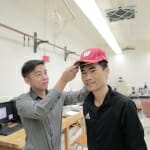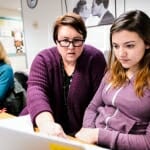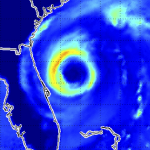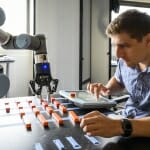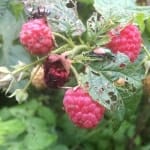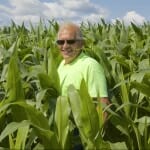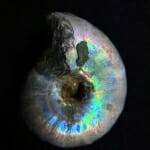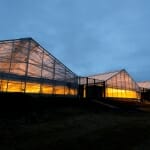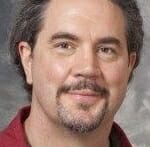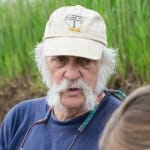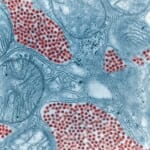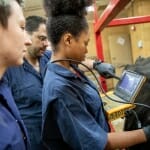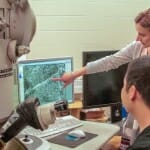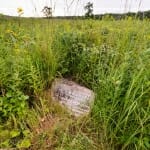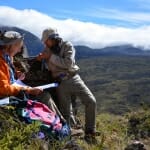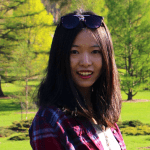Category Science & Technology
WARF investment fund signals new tack in effort to grow adoption of UW–Madison technologies
A six-figure investment in a Wisconsin startup marks the latest effort by Wisconsin Alumni Research Foundation, the nation’s oldest technology transfer office, to adapt… Read More
Electric tech could help reverse baldness
Reversing baldness could someday be as easy as wearing a hat, thanks to a noninvasive, low-cost hair-growth-stimulating technology developed by UW–Madison engineers. Read More
“Clamp” regulates message transfer between mammal neurons
A UW researcher has described a key component of the nervous system — the brake, or “clamp,” that prevents the fusion pore from completing its formation and opening. Read More
Seeking basic info on “basement rocks”
Geologist Esther Stewart makes a living poking around in the geologic basement beneath Wisconsin, which provides many clues to the land's history. Read More
Climate change impacts Wisconsin’s inland lakes
The UW Water Resources Institute studied the effect on lake levels, water quality, aquatic invasive species and fisheries for 15,000 of the state's "true water treasures." Read More
Science meets seat-of-the-tractor observations with Discovery Farms
“By the time Discovery Farms left Cashton in 2017,” says Jack Herricks, “the relationship had changed, the era of finger pointing and distrust had left. It was a pretty dramatic shift.” Read More
Making biominerals: nature’s recipe is old, evolved more than once
In recent years, scientists have teased out many of the secrets of biomineralization, the process by which sea urchins grow spines, mollusks build their shells… Read More
Single protein plays important dual transport roles in the brain
A wide range of neurological conditions could benefit from the growth of axons — the telephone wires of the nervous system — including spinal cord injuries and some neurodegenerative diseases, says researcher Edwin Chapman. Read More
Two different equine diseases detected in Wisconsin in recent weeks
Following news in early August that 2019’s first case of Eastern equine encephalitis was detected in Wisconsin, another horse in Wisconsin was diagnosed with a separate disease called equine infectious anemia. Read More
UW–Madison dairy science internships help Tuskegee students weigh career choices
Under the guidance of UW–Madison's Virginia Pszczolkowski (left) and Sebastian Arriola Apelo (background), Brianna Brown, an intern from Tuskegee University, ultrasounds the side of a dairy cow. Read More
UW Arboretum hosts native plant gardening conference Sept. 15
Held when the prairies are at their seasonal peak, the conference offers a day of expert-led workshops and tours to help all gardeners, from beginner to experienced, learn to create beautiful restorative landscapes. Read More

